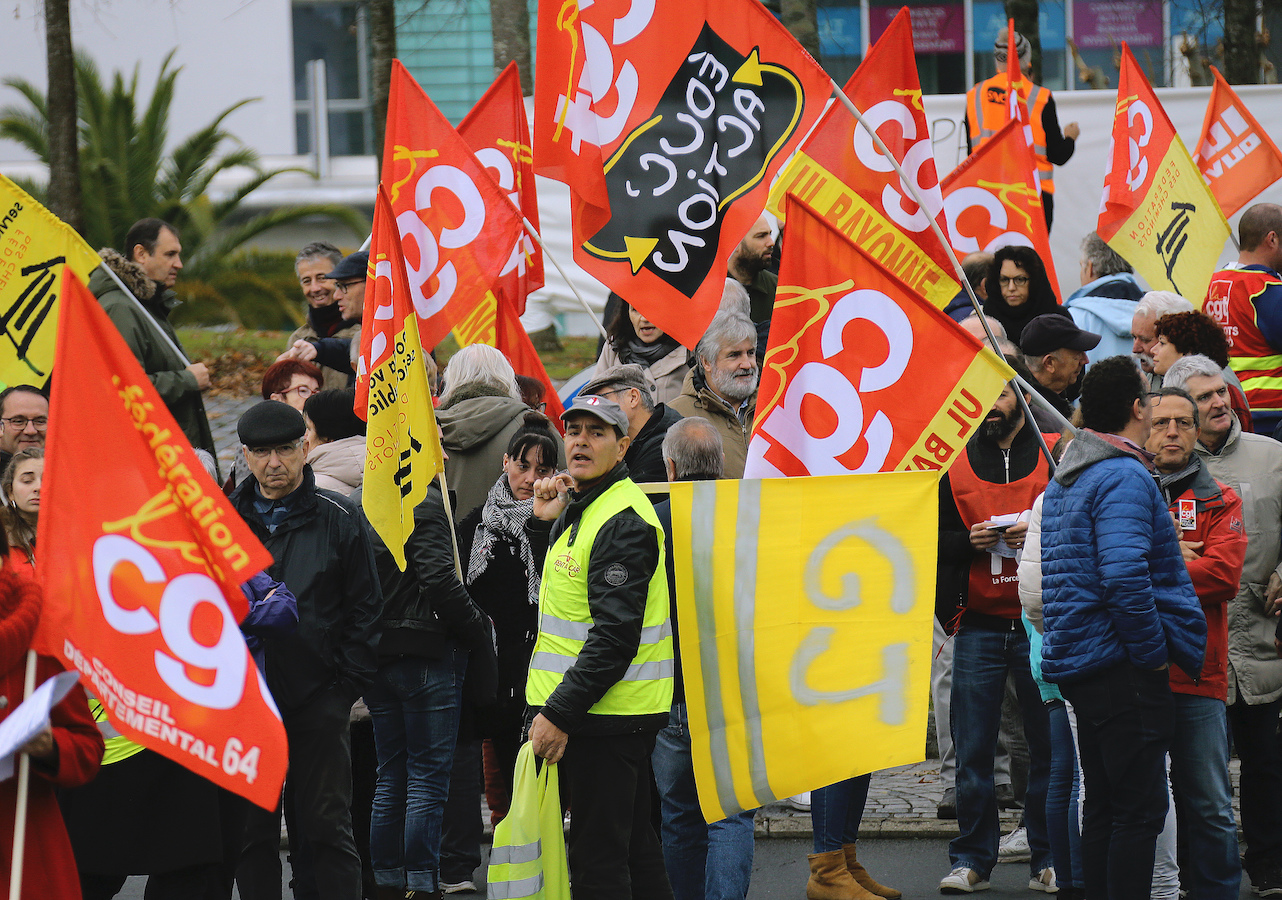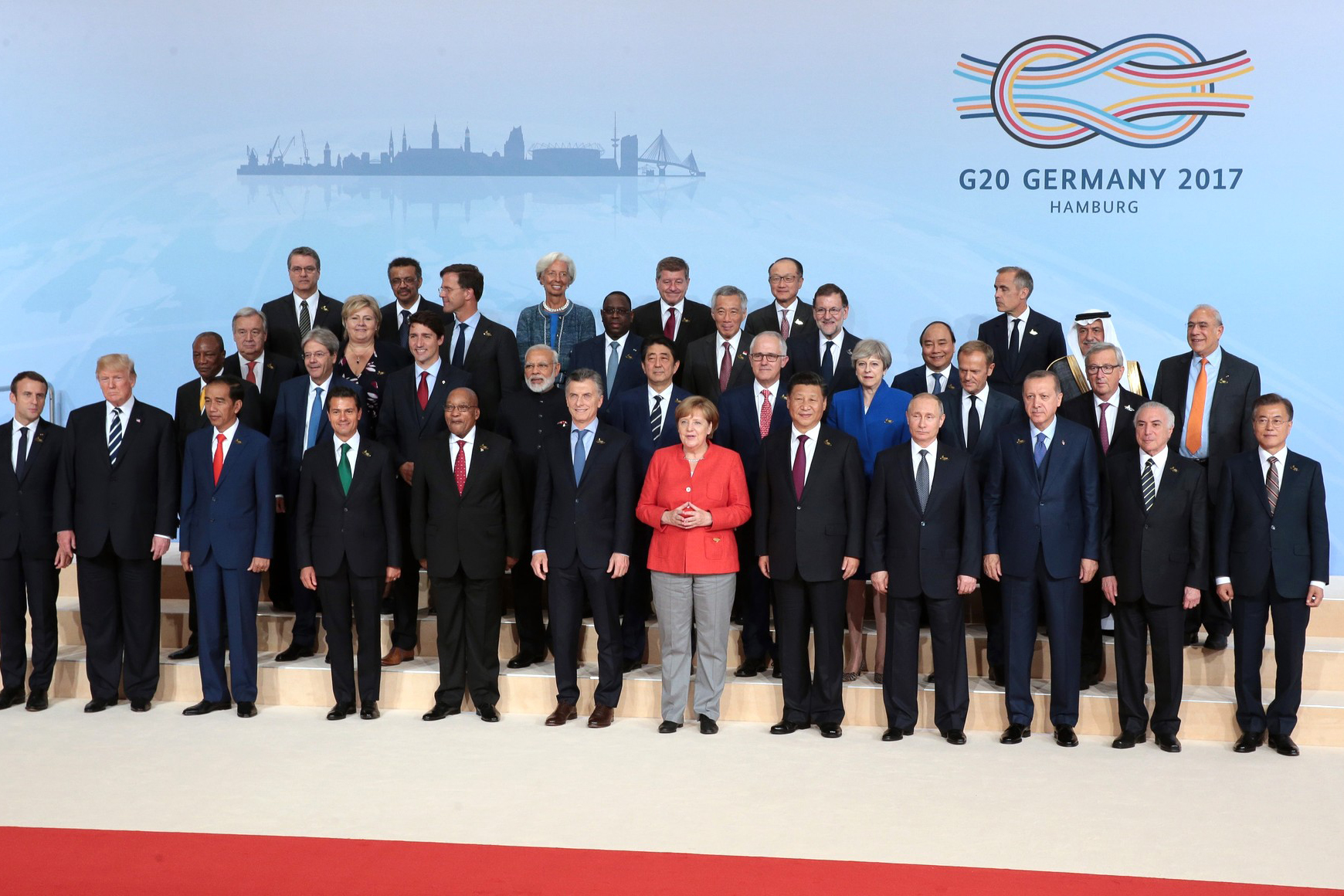Using international jurisdiction—or a lack of—to flee prosecution is nothing new, as seen in cases such as Roman Polanski, Edward Snowden and even the Dali Lama. However, the issue of “global citizenship” ignites a bigger conversation about citizenship, the faults of the justice system and challenges to sovereignty.
The recent escapades of Carlos Ghosn, a fugitive auto executive, have exposed more than a man fleeing internationally from so-called injustice. Ghosn, the former head of the Nissan and Renault auto industry, recently gained immense notoriety after fleeing Japan—where he was charged with financial wrongdoing. According to various sources, no one could fully explain how he escaped.
One of the many elements of Ghosn’s story that defies expectations is the fact that he is a citizen of three countries—none of them Japan, where he was set to stand trial. A Brazilian, Frenchman and citizen of Lebanon all in one, Ghosn now joins a growing club of international fugitives from justice who have all fled from the country in which they were subject to prosecution for a series of very different crimes. The case of Polanski in particular shows that even when an extradition treaty is present, the country may still decline to extradite the accused.
Now that Ghosn has escaped, he appears to have a good chance of staying out of prison; Lebanon has no extradition treaty with Japan.
The FBI’s list of fugitives and their presumed locations shows the popularity of leaving the country in which one is charged with a crime. However, this method of evasion goes two ways. For example, American sex tourists have, in the past, been impossible to prosecute when they’ve committed crimes in countries such as Thailand, although the 2003 U.S. Child Protection Act has helped some of these prosecutions become reality.
Globally, the ability to travel has vastly outpaced the ability of various government agencies to catch and prosecute criminals. Chris Carey, a prosecutor and professor of criminal justice at Portland State, commented, “That’s why you have extradition treaties, things like Interpol, because we recognize that crime is international and is becoming increasingly sophisticated, whether it’s a phishing scam, or a cyber attack. That the geographical jurisdiction of countries becomes less and less relevant in an age of global crime where a lot of it can be committed thousands of miles away.”
If the accused has resources, justice can only be served to the extent that the accused consents to remain and face trial. “I think what makes [Ghosn’s case] different is that he’s a corporate executive with pretty close to unlimited resources,” Carey said. “Can you buy your way out? Yeah, looks like you can. That might be the lesson from this case.”
The inquiry of Ghosn’s resources does not stop at his reported $120 million fortune; it also includes his multiple citizenships.
“It really raises this issue that jurisdictional claims for a long time have been based on the assumption that citizenship is held by one place and held by one person,” Carey said. “And that when you work within the operations of that, that country has jurisdiction over you. He’s clearly a global citizen…His idea that if you’re a citizen of multiple countries you don’t have to be accountable to any of them. Which is the first set of problematic areas.”
“To be a global citizen, what does that mean? Citizenship usually requires allegiance to something, but there is no global country or entity.”
Ghosn’s triple citizenship is made possible because assigning citizenship is an area in which varies country to country. Some countries, such as the United States, assign nationality based on jus soli, or a child’s birth inside the country’s borders, creating political terms such as “anchor babies.”
Others, such as some European countries, assign citizenship to a child based on the parents’ citizenships. Therefore, it is possible for a European family to continue to accrue more and more citizenships for their children through transnational marriages, with each parent passing down their citizenship(s) to their child.
Other methods of obtaining citizenship include naturalization or membership in a certain ethnic or religious group, such as Israel’s Law of Return. However, for any child born into multiple nationalities, there could be another mere miles away who has no citizenship at all.
The United Nations High Commissioner for Refugees describes statelessness as a major humanitarian crisis. “Today, millions of people around the world are denied a nationality. As a result, they often aren’t allowed to go to school, see a doctor, get a job, open a bank account, buy a house or even get married.”
The inverse is true for those with multiple citizenships: it becomes possible to enjoy all of those things in addition to the right to reside in any of the countries indefinitely.
It is not always possible to state conclusively whether the fugitive is fleeing persecution or true justice. Ghosn claimed that his trial in Japan was unjust and the legal system is corrupt. What changes his highly publicized escape will bring to the process of releasing similar inmates on bail, remain unknown.






